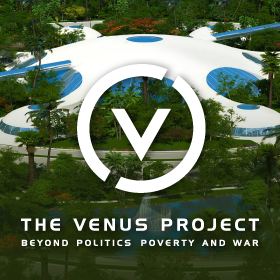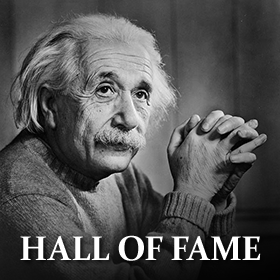Sometimes, fortunately rarely, comments are made that the concept is impossible. There are many historical examples of people being skeptical and cautious about any new or old idea of social organization.
Nevertheless, our view is that the death of action is excessive reasoning. Almost anything can be done, but you have to want to do it and be persistent. The secret of implementation is good planning, so the years of work and thought that have gone into MMT are not a waste of time. However, anyone who sees demagogy behind every problem we raise and every solution we propose is not being constructive at all.
Someone once wrote definitively about our approach: it is pure fascism. Such persons are not aware of the essence of either fascism or our concept, yet they have an overflowing confidence in such a revelation. Information and openness help to avoid blind or hasty judgements, e.g. one can start by asking questions instead of passing immediate judgement. Without bullying, if possible, because people like that are not trying to inform, but to troll, and we do not assist to that.
It is also a common trap to try to squeeze the concept of meritocracy into the framework of known systems, which is also a futile attempt. If it were possible to do so, we would be proclaiming one of the known systems, or a newer sub-version of it, as the easy end of the problem. We, however, have grasped the difficult end, and we are proclaiming a brand new concept, inspired by the spirit of the age. (zeitgeist)
Unfortunately, it is fair to say that humanity has never lived in social systems designed in the public interest, at least as far as the masses are concerned. Since the problems are growing and worsening, something must be done, otherwise the whole of humanity will have to bid farewell to the painful progress it has made so far. One reason is pollution, another is the threat of wars involving weapons of mass destruction. Either of these is enough to bring us down, only the time of the end is different.
A cursory reading of some of our published writings will tell you that we want to build a society based on merit, not on the opinions of a few or a few percentages of majorities or minorities, but rather on the collaboration of the best and brightest minds in a number of disciplines. There are common points for harmony in society as a whole, although politicians avoid them, lest a milieu that does not serve the interests of the 'elite' inadvertently develop. Many people do not even realize the significance of this when it is pointed out to them, and unfortunately we can say this from experience.







 Hungarian
Hungarian
 English
English
 German
German
 Italian
Italian
 Spanish
Spanish
 French
French
 Chinese
Chinese
 Polish
Polish
 Romanian
Romanian